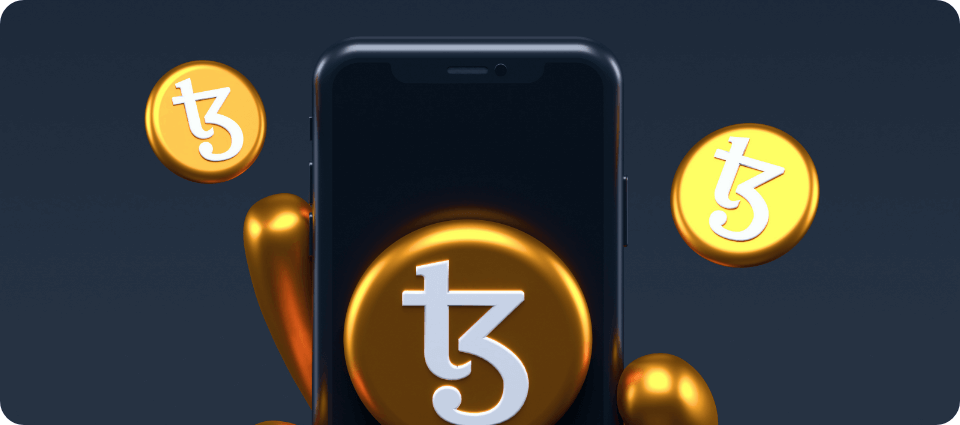
Cryptocurrency, NFTs, blockchain and where they fit in the modern workplace
The world of technology is being engulfed by novel technologies such as cryptocurrencies, DeFi networks and NFTs. However, most people are still trying to make sense of the underlying technology known as a blockchain. Even without a full comprehension of what a blockchain is, individuals and corporations around the world have been adopting the technology at a rapid pace – which has rivalled the adoption rate of the internet (Francis, 2022). So what exactly is a blockchain and how are organisations adopting the technology?
Defining a blockchain
In order to understand the applications behind a blockchain, it is important to clearly define the term and its functions. Investopedia (2022) defines a blockchain as public ledger or a shared decentralised databases among nodes. This is significantly different from a traditional or even unstructured database where there is often a single point of authority and administration. While traditional databases are more centralised in nature, a blockchain tends to be a lot more secure and tamper proof given that there is an incentive to secure the network as opposed to attacking it. One could argue that there is are principals of game theory involved securing the network through a process called mining. Every chain consists of a number of blocks which comprise of transactions that are recorded on the public ledger.
How cryptocurrencies are being used in the workplace.
Given the current global economic climate many employers are battling to fill open positions within their organisation – this phenomenon is often referred to the great resignation and it is being exacerbated by the digital world. It has become easier for individuals to create value using digital platforms thus resulting in self-employment. On the other end of the spectrum employees have come to realise that it is possible to carry out their daily tasks by working remotely. That said, those jobs that require physical labour and presence have become increasingly hard to fill. Organisations are now adopting an alternative means of remuneration and incentives by providing employees the opportunity to accept a portion of their salaries in cryptocurrencies such as Bitcoin and Ethereum. With the widespread adoption of cryptocurrencies and an increase of individuals allocating these assets to their investment portfolio, it comes as no surprise that companies have started to take cryptocurrencies more seriously.
Apart from paying employees with cryptocurrencies, companies have also started to add cryptocurrencies to their balance sheet. At the time of writing this blog post, MicroStrategy holds more bitcoin than any other corporation in the world with a total of 125 051 bitcoin valued at roughly $4.8 billion (CoinDesk, 2022). Other popular technology companies such as Tesla have also publicly declared their bitcoin holdings. It is quite evident that technology companies are starting becoming more forward-thinking about the importance of allocating cryptocurrencies as alternative assets to their holdings.
The rise and rise of NFTs among employees
NFTs also known as non-fungible tokens have taken the world by storm. NFTs are essentially just another use case of blockchain technologies. These are often media files which are unique in that only a single instance of any given NFT asset can exist on a blockchain. Much like in the real-world where there is only one original copy of the famous Mona Lisa painting by Leonardo da Vinci. NFTs have gained a lot of popularity in the last couple of years and while some are just digital assets where the ownership is recorded on a blockchain, others have actual utility. For example, some NFTs are proofs of a token that an individual can participate in exclusive events much like purchasing a movie ticket that provides the owner the rights to attend a theatre.
Many employees have flocked to NFTs because of the surge in price and the community sentiment that they offer. Much like cryptocurrencies NFTs are traded like assets which have perceived monetary value. Employees have turned to NFTs as an alternative means of income through several means – by creating, buying or selling them. Employees who are technically inclined and creative are well equipped to create NFTs from the ground up and this can be easily achieved by using existing online tools. Developers of NFTs often create more than just a single NFT, as a means of establishing their portfolio, this is referred to as a collection of similar yet uniquely identifiable media assets with varying characteristics. According to Business Insider (2022) one of the youngest NFT developers at the age of 12 has managed to create a collection of NFTs called Weird Whales valued at over $400 000. Employees are also using platforms such as OpenSea to buy and sell NFTs at exuberant prices with the aim of making significant profits and while some may point out that NFTs are useless JPEGs it is quite clear that proponents of the technology also derive value from it through some utility and sometimes the sense of community that it affords adopters.
Looking to sharpen your Leadership skills? Join our top-rated Cryptocurrency Courses Online today!